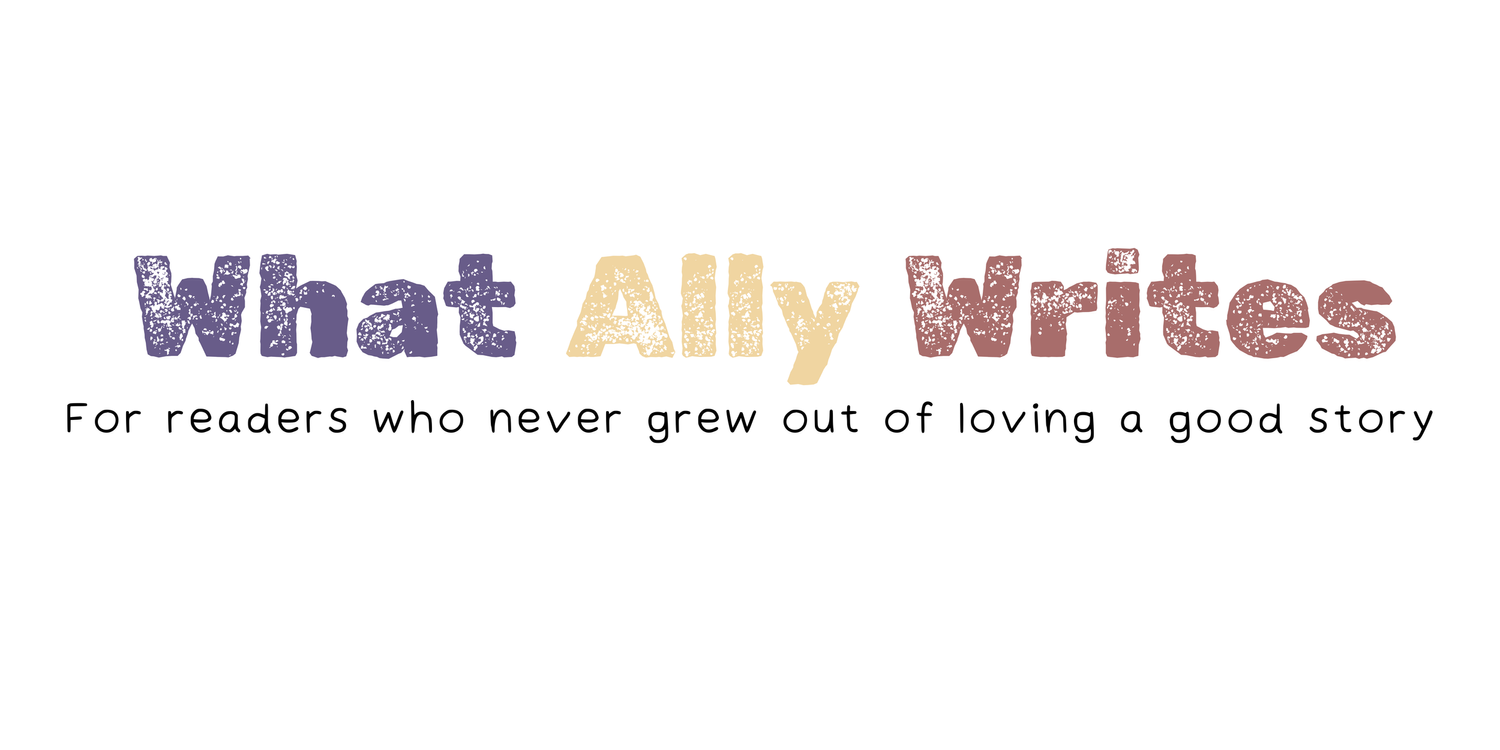Newberry Challenge: The Story of Mankind (1922)
I have a goal to read all of the Newberry Medal award books; I have no time frame in mind in which I would like to complete this challenge. I just want to read all of them over the next few years. As of writing, there are 103 winners, not including the Newberry honor awards.
I started the challenge by reading The Story of Mankind by Hendrik van Loon. His 1921 history of the world won the first Newberry Medal for his book in 1922. At the time, the award was based on votes by a selected jury of Children’s Librarian Section officers. Books were nominated by any librarian, then the jury voted for one favorite. The Story of Mankind won 163 votes out of 212.
Van Loon explained he chose what to include and what to exclude by asking the following question: “Did the person or even in question perform an act without which the entire history of civilization would have been different?” What resulted was 466 pages of history, ranging from the first organism on earth to the emergence of world religions to various revolutions throughout time. Each chapter is short, easy to read, and at times humorous. There are several pictures and diagrams throughout the book.
PROS: It is easy to read, and the chapters are not too overwhelming.
CONS: I have two main critiques. The first is that sometimes the author seems to pen imagination exercises, especially when considering ancient civilizations, rather than present scientific evidence or scientists’ conclusions about various discoveries. His discussion of evolution took this approach. There was no discussion on what experts had discovered or what made historians consider mankind had evolved in the way he describes. He does seem to be pro-science throughout the book (almost to a degree that he seems to be anti-religion) so this was surprising to me. I would have been interested in hearing an explanation for evolution from a 1922 perspective; however, I was sorely disappointed.
Secondly, and my main critique, is that the author takes a Western white perspective. I have seen this defended in other reviews; that because he was a white man from the West, of course he would have a Western white view of history. However, my concern is more with how he presents non Western and non modern people. Ancient people groups and people in the East somehow wander upon survival and advancement, but Western explorers, scientists, and historians seem to have more intelligence and set the standard for cultural advancement in the author’s version of history. For example, eating meat was discovered because a chicken wandered into a fire and the people didn’t think to remove it until it was completely roasted. The history of Egypt skipped from the time of the ancient civilization to the discovery of the Rosetta stone by the French; he describes the 17 centuries between those times were a mystery. Several ancient civilizations are discussed from the perspective of the explorers who found them rather than from the perspective of indigenous people groups who lived there.
When it comes to the Industrial Revolution, he does seem to recognize the horrible conditions for factory workers, but this is only recognized for white people. He frames enslavement as an idea of a kind hearted priest who wanted to “bring negroes from Africa to do the work. The negroes were strong and could stand rough treatment. Besides, association with the white man would give them a chance to learn Christianity and in this way, they would be able to save their souls”. He goes on to say after the Emancipation Proclamation, the black men enjoyed more liberty while the workmen of Europe faired worse.
Overall, I would not suggest the book. There are portions of this book that are decent, but the small nuggets here and there are not worth reading the large chunks of problematic historical perspective.

